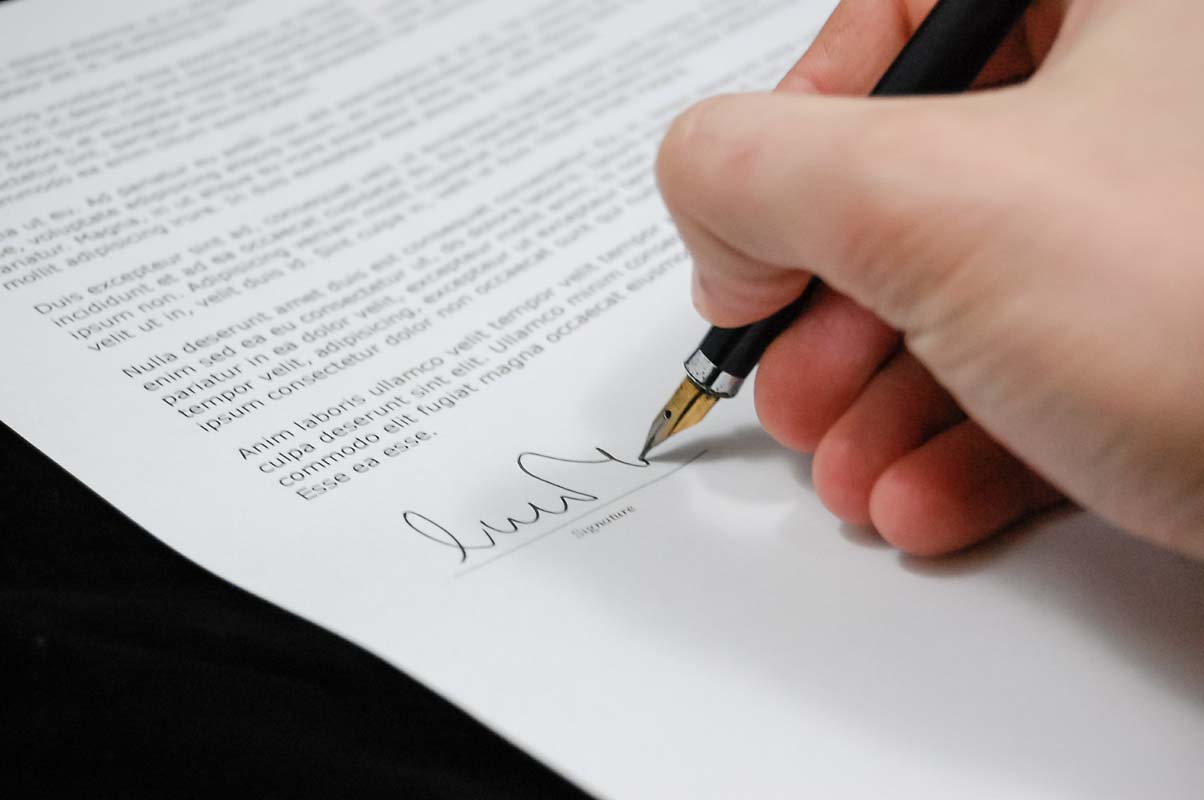
403
Sorry!!
Error! We're sorry, but the page you were looking for doesn't exist.
Australia, UK Seal Landmark 50-Year AUKUS Deal
(MENAFN) In a landmark move, Australia and the United Kingdom on Saturday solidified a long-term commitment to the AUKUS defense treaty, despite the United States’ ongoing review of the trilateral pact. The two nations signed the Geelong Treaty, a 50-year agreement to collaborate on nuclear-powered submarines under the AUKUS framework.
The treaty was formally signed by Australian Deputy Prime Minister and Defense Minister Richard Marles, alongside UK Defense Secretary John Healey, during their meeting in Geelong, Victoria.
"The Geelong Treaty is a historic agreement, the commitment for the next 50 years of UK-Australian bilateral defense cooperation under AUKUS Pillar I," the leaders declared in a joint statement.
The agreement is poised to establish extensive cooperation on the design, construction, operation, and decommissioning of SSN-AUKUS submarines. It will also facilitate the development of vital infrastructure, regulatory systems, and workforce training for Australia's SSN-AUKUS program. As part of the deal, the UK will maintain a rotational presence of an Astute-class submarine at HMAS Stirling under the Submarine Rotational Force - West.
However, the signing occurred against the backdrop of increasing uncertainty surrounding the United States' role in the AUKUS alliance. The U.S. Department of Defense is currently conducting a review to determine if the agreement aligns with President Biden's "America First" strategy.
Despite this, Marles and Healey’s statement emphasized that the treaty "builds on the strong foundation of trilateral cooperation between Australia, the UK, and the United States," reaffirming the shared objectives of the AUKUS partnership.
It will facilitate the development of SSN-AUKUS submarines and strengthen trilateral supply chains, the statement noted.
The AUKUS partnership was first announced in September 2021 by the U.S., UK, and Australia, focusing on cooperation on nuclear-powered submarines and enhancing regional security. However, concerns about nuclear proliferation have been raised, given Australia's status as a non-nuclear-weapon state and the potential risks posed by deeper military ties among the three nations.
In related news, Nine Entertainment reported on Wednesday that the Australian government made a second scheduled payment of 800 million Australian dollars (about 525.4 million USD) to the U.S. for the submarine deal, underscoring Australia’s ongoing commitment to the AUKUS program.
The treaty was formally signed by Australian Deputy Prime Minister and Defense Minister Richard Marles, alongside UK Defense Secretary John Healey, during their meeting in Geelong, Victoria.
"The Geelong Treaty is a historic agreement, the commitment for the next 50 years of UK-Australian bilateral defense cooperation under AUKUS Pillar I," the leaders declared in a joint statement.
The agreement is poised to establish extensive cooperation on the design, construction, operation, and decommissioning of SSN-AUKUS submarines. It will also facilitate the development of vital infrastructure, regulatory systems, and workforce training for Australia's SSN-AUKUS program. As part of the deal, the UK will maintain a rotational presence of an Astute-class submarine at HMAS Stirling under the Submarine Rotational Force - West.
However, the signing occurred against the backdrop of increasing uncertainty surrounding the United States' role in the AUKUS alliance. The U.S. Department of Defense is currently conducting a review to determine if the agreement aligns with President Biden's "America First" strategy.
Despite this, Marles and Healey’s statement emphasized that the treaty "builds on the strong foundation of trilateral cooperation between Australia, the UK, and the United States," reaffirming the shared objectives of the AUKUS partnership.
It will facilitate the development of SSN-AUKUS submarines and strengthen trilateral supply chains, the statement noted.
The AUKUS partnership was first announced in September 2021 by the U.S., UK, and Australia, focusing on cooperation on nuclear-powered submarines and enhancing regional security. However, concerns about nuclear proliferation have been raised, given Australia's status as a non-nuclear-weapon state and the potential risks posed by deeper military ties among the three nations.
In related news, Nine Entertainment reported on Wednesday that the Australian government made a second scheduled payment of 800 million Australian dollars (about 525.4 million USD) to the U.S. for the submarine deal, underscoring Australia’s ongoing commitment to the AUKUS program.

Legal Disclaimer:
MENAFN provides the
information “as is” without warranty of any kind. We do not accept
any responsibility or liability for the accuracy, content, images,
videos, licenses, completeness, legality, or reliability of the information
contained in this article. If you have any complaints or copyright
issues related to this article, kindly contact the provider above.

















Comments
No comment